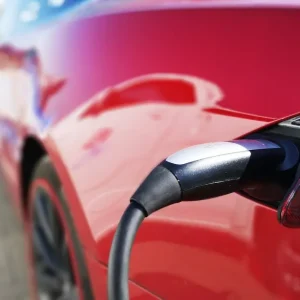The new car market in September was down by 20.5% year-on-year.
According to the Society of Motor Manufacturers and Traders (SMMT), which has released the figures, the drop is because of the new WLTP economy and emissions test affecting the supply of vehicles.
Fleet registrations were down by 22.4%, while business sales – to firms with fewer than 25 vehicles – were down by 6.3%.
Private sales fell by 20.1%.
Despite the general upheaval, the long-term decline in diesel car registrations was still apparent, as these were down 42.5%, compared with a 6.7% fall for petrol, and a 3.9% rise for alternatively-fuelled vehicles.
The September decline follows a big increase in registrations during August, which was attributed to dealers offering deals to shift old stock ahead of WLTP coming in.
From the start of September, all vehicles have had to be tested under WLTP – designed to offer more realistic official economy and emissions figures than the old NEDC test – although for now they are being converted back into NEDC-correlated figures for tax purposes.
Despite the September decline – which puts the market down 7.5% for the year to date – the SMMT is optimistic that sales will bounce back as supply backlogs ease.
SMMT chief executive Mike Hawes said: “With the industry given barely a year to reapprove the entire European model line-up, it’s no surprise that we’ve seen bottlenecks and a squeeze on supply.
“These are exceptional circumstances with similar declines seen in other major European markets.
“The good news is that, as backlogs ease, consumers and businesses can look forward to a raft of exciting high-tech cars and a market keen to recover lost momentum.”
Hawes added that WLTP, and the supplementary Real Driving Emissions test, should provide benefits for car buyers.
“Thanks to more realistic performance data, car buyers will be better informed to choose the cars that best suit their driving needs in full confidence that they are the cleanest and most fuel-efficient ever produced,” he said.





